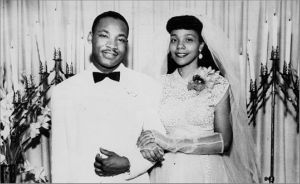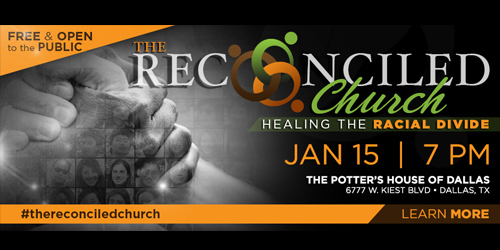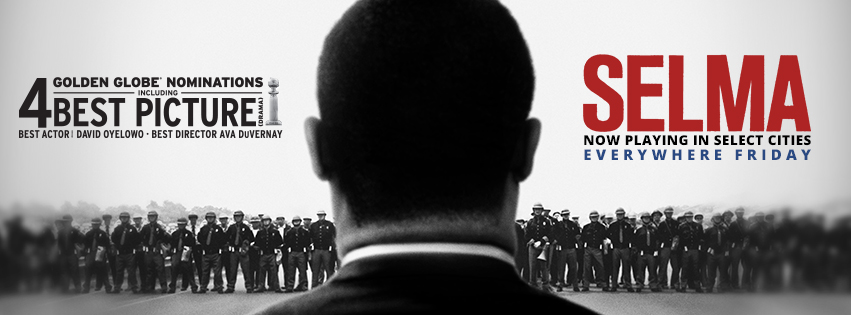Editor’s Note: This post is from 2011, but I always love a good love story…Read and enjoy…Happy MLK Day 2015!!!
Hello World,
As you know, I love to write about love and marriage. In fact, I have dedicated a whole section on my blog to married couples, Soul Mates. While I know that many people do not believe in soul mates, I would like to believe that God has a hand in orchestrating great love stories that end in marriage. Today, we officially celebrate the life and contributions of Dr. Martin Luther King Jr. But from Dr. King to President Obama, their wives had a hand in making them great men. While I will never get the opportunity to interview Dr. King and Mrs. Coretta Scott King, I still want to feature their story on my blog. So I have decided to post interesting quotations about their marriage. Read, enjoy and take note…
- Born and raised in Marion, Alabama, Coretta Scott graduated valedictorian from Lincoln High School. She received a B.A. in music and education from Antioch College in Yellow Springs, Ohio, and then went on to study concert singing at Boston’s New England Conservatory of Music, where she earned a degree in voice and violin. While in Boston she met Martin Luther King, Jr. who was then studying for his doctorate in systematic theology at Boston University. They were married on June 18, 1953, and in September 1954 took up residence in Montgomery, Alabama, with Coretta Scott King assuming the many functions of pastor’s wife at Dexter Avenue Baptist Church. (from The King Center website)
- While studying music, she met King, then pursuing a PhD at Boston University. “…he was looking for a wife. I wasn’t looking for a husband, but he was a wonderful human being,” she told an interviewer. “I still resisted his overtures, but after he persisted, I had to pray about it…I had a dream, and in that dream, I was made to feel that I should allow myself to be open and stop fighting the relationship. That’s what I did, and of course the rest is history. ” (from About.com)
- Martin, about their first date: “So you can do something else besides sing? You’ve got a good mind also. You have everything I ever wanted in a woman. We ought to get married someday.” (from About.com)
- She was studying music at the New England Conservatory of Music in Boston in 1952 when she met a young graduate student in philosophy, who on their first date told her: “The four things that I look for in a wife are character, personality, intelligence and beauty. And you have them all.” A year later, she and Dr. King, then a young minister from a prominent Atlanta family, were married, beginning a remarkable partnership that ended with his assassination in Memphis on April 4, 1968. (from The New York Times)
- Her first encounter with the man who would become her husband did not begin auspiciously, as recounted in “Parting the Waters,” by Taylor Branch. Dr. King, very much in the market for a wife, called her after getting her name from a friend and announced: “You know every Napoleon has his Waterloo,” he said. “I’m like Napoleon. I’m at my Waterloo, and I’m on my knees.” Ms. Scott, two years his elder, replied: “That’s absurd. You don’t even know me.” (from The New York Times)
- Still, she agreed to meet for lunch the next day, only to be put off initially that he was not taller. But she was impressed by his erudition and confidence, and he saw in this refined, intelligent woman what he was looking for as the wife of a preacher from one of Atlanta’s most prominent ministerial families. When he proposed, she deliberated for six months before saying yes, and they were married in the garden of her parents’ house on June 18, 1953. The 350 guests, elegant big-city folks from Atlanta and rural neighbors from Alabama, made it the biggest wedding, white or black, the area had ever seen. (from The New York Times)
- Even before the wedding, she made it clear she intended to remain her own woman. She stunned Dr. King’s father, the Rev. Martin Luther King Sr., who presided over the wedding, by demanding that the promise to obey her husband be removed from the wedding vows. Reluctantly, he went along. After it was over, the bridegroom fell asleep in the car on the way back to Atlanta while the new Mrs. King did the driving. (from The New York Times)
- “I had no problem being the wife of Martin, but I was never just a wife. In the 1950s, as a concert singer, I performed ‘freedom concerts’ raising funds for the movement. I ran my household, raised my children, and spoke out on world issues. Maybe people didn’t know that I was always an activist because the media wasn’t watching. I once told Martin that although I loved being his wife and a mother, if that was all I did I would have gone crazy. I felt a calling on my life from an early age. I knew I had something to contribute to the world.” (from The Washington Post)
- The Kings had four children: Yolanda Denise King (November 17, 1955 – May 15, 2007) (October 23, 1957 in Montgomery, Alabama), Martin Luther King III, Dexter Scott King (January 30, 1961 in Atlanta, Georgia), Bernice Albertine King (March 28, 1963 in Atlanta, Georgia) All four children later followed in their parents’ footsteps as civil rights activists. (from Wikipedia)
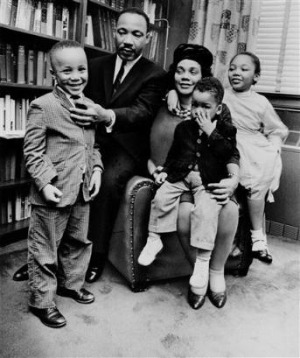
- Scott King became an activist in her own right, as well, carrying messages of international peace and economic justice to organizations around the world. She was the first woman to deliver the Class Day address at Harvard University and the first woman to preach during a service at St. Paul’s Cathedral in London. When King was assassinated outside a motel room in Memphis, Tenn., on April 4, 1968, Scott King channeled her grief into action. Days later, she led a march through the streets of Memphis, and later that year took his place as a leader of the Poor People’s March in Washington, D.C. (from ABC News)
- And to carry on that legacy, she focused on two ambitious and daunting tasks. The first was to have a national holiday in his honor, the second was to build a nationally recognized center in Atlanta to honor his memory, continue his work and provide a research center for scholars studying his work and the civil rights era. The first goal was achieved despite much opposition in 1983 when Congress approved a measure designating the third Monday in January as an official federal holiday in honor of Dr. King, who was born in Atlanta Jan. 15, 1929. (from The Washington Post)
- Over 14,000 people gathered for Coretta Scott King’s eight-hour funeral at the New Birth Missionary Baptist Church in Lithonia, Georgia on February 7, 2006 where daughter Bernice King eulogized her mother. The megachurch, whose sanctuary seats 10,000, was better able to handle the expected massive crowds than Ebenezer Baptist Church, of which Coretta was a member since the early 1960s and which was the site of Martin Luther King, Jr.’s funeral in 1968. (from Wikipedia)
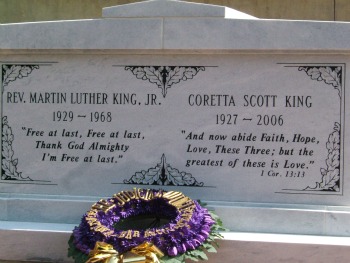
Any thoughts?

